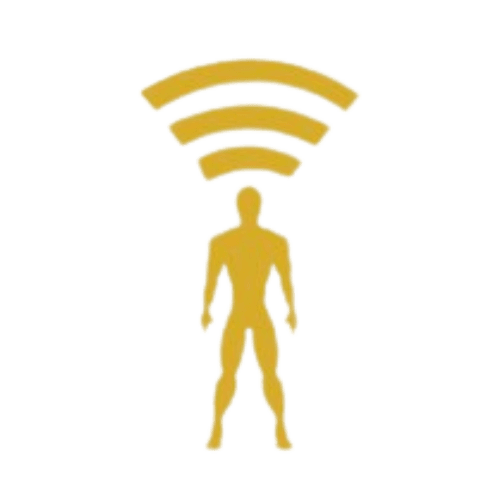Innovative Digital Marketing Trends for Coaching Businesses
Embracing AI and Automation
In the rapidly evolving landscape of digital marketing, coaching businesses are finding that embracing AI and automation can significantly enhance their reach and efficiency. Automated tools can handle tasks like email marketing, social media posting, and customer segmentation, allowing coaches to focus more on personal interactions and strategy development. By using AI-driven analytics, businesses can gain insights into client behaviors and preferences, tailoring their services to meet specific needs.
One of the most transformative aspects of AI in digital marketing is the ability to create personalized experiences for clients. Through data analysis, coaches can offer tailored content that resonates with their audience, increasing engagement and satisfaction levels. This personalized approach not only boosts client retention but also attracts new clients through word-of-mouth and social proof.

Leveraging Social Media Platforms
Social media continues to be a powerful tool for coaching businesses aiming to expand their digital presence. Platforms like Instagram, Facebook, and LinkedIn offer unique opportunities to connect with potential clients. By sharing valuable content such as tips, success stories, and interactive sessions, coaches can build a community around their brand.
Interactive content, such as live Q&A sessions or webinars, can drive engagement and provide value to the audience. These interactions help build trust and establish the coach as an authority in their niche. Additionally, utilizing paid advertising on these platforms can help target specific demographics, ensuring that marketing efforts reach the right audience.

Content Marketing and SEO
Content marketing remains a cornerstone of digital marketing strategies for coaching businesses. Creating valuable, informative content helps establish credibility and trust. Blogs, podcasts, and video tutorials can serve as educational resources that attract and retain clients. Coaches should focus on topics that address the pain points and interests of their target audience.
Implementing SEO strategies is crucial to ensure that content reaches a wider audience. By optimizing for relevant keywords and maintaining high-quality content, coaching businesses can improve their search engine rankings. This increased visibility leads to higher website traffic and more potential clients discovering the services offered.

The Power of Video Marketing
With the rise of platforms like YouTube and TikTok, video marketing has become an essential component of digital marketing strategies for coaching businesses. Videos have the power to convey messages quickly and effectively, capturing the attention of audiences who prefer visual content over text.
Coaches can leverage video content to demonstrate their expertise, showcase client testimonials, or provide quick tips. The authentic nature of video content helps build a connection with viewers, fostering trust and loyalty. Additionally, video content is highly shareable, amplifying reach and attracting new clients through social sharing.
Building an Email Marketing Strategy
Email marketing remains one of the most effective ways to nurture relationships with existing clients while attracting new ones. By creating a comprehensive email marketing strategy, coaching businesses can deliver personalized messages directly to their audience's inboxes.
Effective email campaigns often include newsletters, exclusive offers, or insightful articles that provide value. By segmenting email lists based on client preferences and behaviors, coaches can tailor their messaging to resonate with recipients. This level of personalization increases open rates and fosters stronger client relationships.

The Rise of Voice Search Optimization
As voice-activated devices become increasingly popular, optimizing for voice search is becoming essential for digital marketers. Coaching businesses should consider how voice search differs from traditional text searches and adjust their SEO strategies accordingly.
By focusing on conversational keywords and natural language queries, coaches can improve their chances of appearing in voice search results. As more people rely on voice search for quick answers, being optimized for this trend ensures that coaching services are easily discoverable by potential clients.
